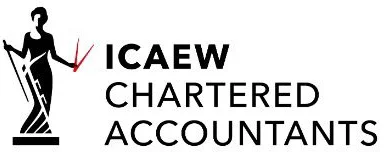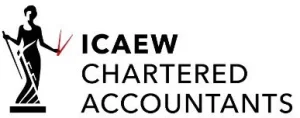Need Help?
FAQs
How can businesses optimise their tax position while ensuring compliance with UK tax laws?
Businesses can optimise their tax position by engaging in strategic tax planning, utilising available tax reliefs and incentives, and structuring their operations in a tax-efficient manner. However, it’s crucial to ensure compliance with UK tax laws to avoid penalties and legal consequences.
What are the tax implications of hiring employees versus using contractors or freelancers?
Hiring employees versus using contractors or freelancers can have different tax implications for businesses in terms of National Insurance Contributions (NICs), PAYE (Pay As You Earn) tax obligations, and reporting requirements. Understanding these implications is essential for businesses to make informed decisions about their workforce composition.
How can businesses effectively manage their tax liabilities throughout the year?
Businesses can effectively manage their tax liabilities throughout the year by maintaining accurate financial records, monitoring cash flow, implementing tax planning strategies, and staying informed about changes in tax laws and regulations. Proactive tax management can help businesses avoid surprises and optimise their tax position.
How can businesses plan for changes in tax legislation or government policies that may affect their tax liabilities?
Businesses can plan for changes in tax legislation or government policies by staying informed about proposed tax reforms, consulting with tax advisors, and conducting scenario analysis to assess the potential impact on their tax liabilities. Being proactive and adaptable to changes in the tax landscape is essential for maintaining financial stability and compliance.
Are there any tax incentives for businesses that engage in environmentally friendly practices?
Yes, the UK government offers various tax incentives and reliefs for businesses that adopt environmentally friendly practices. These may include schemes such as the Climate Change Levy (CCL) exemption, Enhanced Capital Allowances (ECAs) for energy-efficient equipment, and tax credits for renewable energy generation.

















